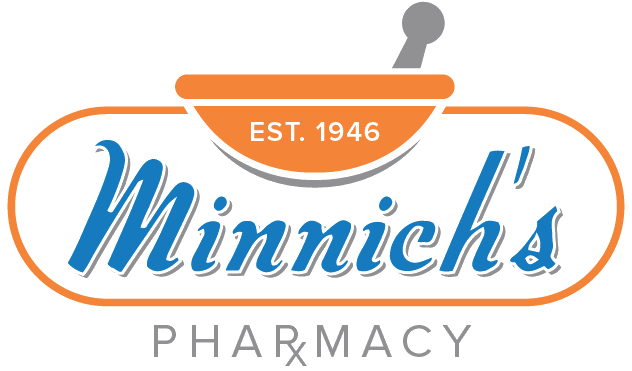CBD Products
Various brands carried. Call for more information – 717-848-2312
FAQ
What is the proper dosing?
We recommend initiating CBD use about 2 hours before going to sleep. Start with 10-15mg of active cannabinoids once daily, increasing the dose slowly every 2-3 days to determine if a better therapeutic effect results. For example, use 10mg once daily for two days, then increase to 10mg twice daily (morning and night) for two days. Continue to slowly titrate the dose up every few days. While twice daily dosing is best for most consumers, some may elect to take their entire dose at night, especially when trying to achieve improved sleep or in the rare case of experiencing tiredness as a side effect. In this case, one-time dose at night is safe and acceptable. Once you reach a point where the therapeutic benefits do not increase OR where they decrease, stop and go back to the previous dose. That is the top of that individual’s bell-shaped dose-response curve.
In our experience, most consumers achieve their optimal dose between 15mg and 30mg daily. Some use up to 60mg daily, and the rare individual needs even more to achieve their desired response. Because CBD is not psychoactive and has a well-established safety profile, those who require higher doses need not worry about acute accidental overdose. They should consult their healthcare provider or pharmacist if they are taking other supplements or prescription medications. Research supports that CBD is well tolerated, and the side-effects are rare and mild. The most common side effect is tiredness.
How do you take a tincture?
To administer the tincture sublingually, place the tincture under the tongue for 60 seconds or until it is absorbed. Do not swallow.
Can I take this topically?
Absolutely! Additionally, topical administration eliminates the risk of unwanted side-effects. While side-effects are rare and usually mild with CBD products, those who are hesitant to try CBD products due to risk can try topical administration.
What about Drug Interactions and Safety with Opioids?
Additionally, research supports that CBD is considered a safe adjunct for current opioid users. Unlike opioids, CBD has not been shown to pose a risk of dependency, which is further supported by the recent WHO report on CBD (2017). Hurd et al.’s study published in Neurotherapuetics and a follow-up published in Trends in Neurosciences expresses that CBD does not pose a risk for addiction or dependence.
Furthermore, CBD may reduce opioid cravings and calm withdrawal symptoms. In addition to its potential direct effects on pain, evidence suggests that cannabinoid use may mitigate escalation of opioid doses in patients with chronic pain; recent clinical data demonstrate that cannabis administration is associated with a substantial reduction in opioid intake in chronic pain patients.
What about drug screens with THC free products?
We can guarantee that the THC free products are 100% THC-free.
What is the difference between isolate and full-spectrum CBD oil?
Isolate CBD oil is just that – isolated CBD. Full-spectrum CBD oil includes other cannabinoids, terpenes, flavonoids and omega fatty acids. All of the compounds in full-spectrum oil work synergistically to promote the “entourage effect.” The entourage effect means a greater therapeutic response at a lower dose. This has been supported by research, where full-spectrum CBD had more potent anti- inflammatory effects at a lower dose than isolate CBD. Additionally, full-spectrum CBD has a lower frequency of side-effects. Think of it this way: Do you think it’s better to eat an orange or get vitamin C from a drink powder? The human body has evolved to absorb nutrients in naturally occurring whole foods rather than isolated supplements.
Who can use CBD?
Everyone! The top reported uses for CBD oil include: pain, arthritis, migraine, anxiety, insomnia, depression.
What is the difference between Hemp & Marijuana?
Hemp and marijuana are both plants that belong to the cannabis family. Marijuana has high levels of THC, the molecule that causes intoxication or a “high.” Hemp has 0.3% THC or less. All of our hemp plants are tested by the Department of Agriculture to ensure they are below this threshold. Also, marijuana is highly regulated and not federally legal. Hemp is federally legal when grown in compliance with section 7606 of the 2014 Farm Bill.
What is the difference between THC & CBD?
Both THC and CBD are considered “cannabinoids.” The main difference is that THC can cause intoxication and provoke a high. CBD is not psychoactive and will not cause a high. Even at very high levels, CBD is not psychoactive. Even the World Health Organization has stated that CBD is safe, effective, does not pose a risk for abuse potential and is not associated with negative public health outcomes.
